A New Poetry Anthology from the Telling Room Elevates the Next Generation
The book published by the Portland youth literary nonprofit, A New Land, is now in every high school in Maine and demonstrates to students that their voices matter.
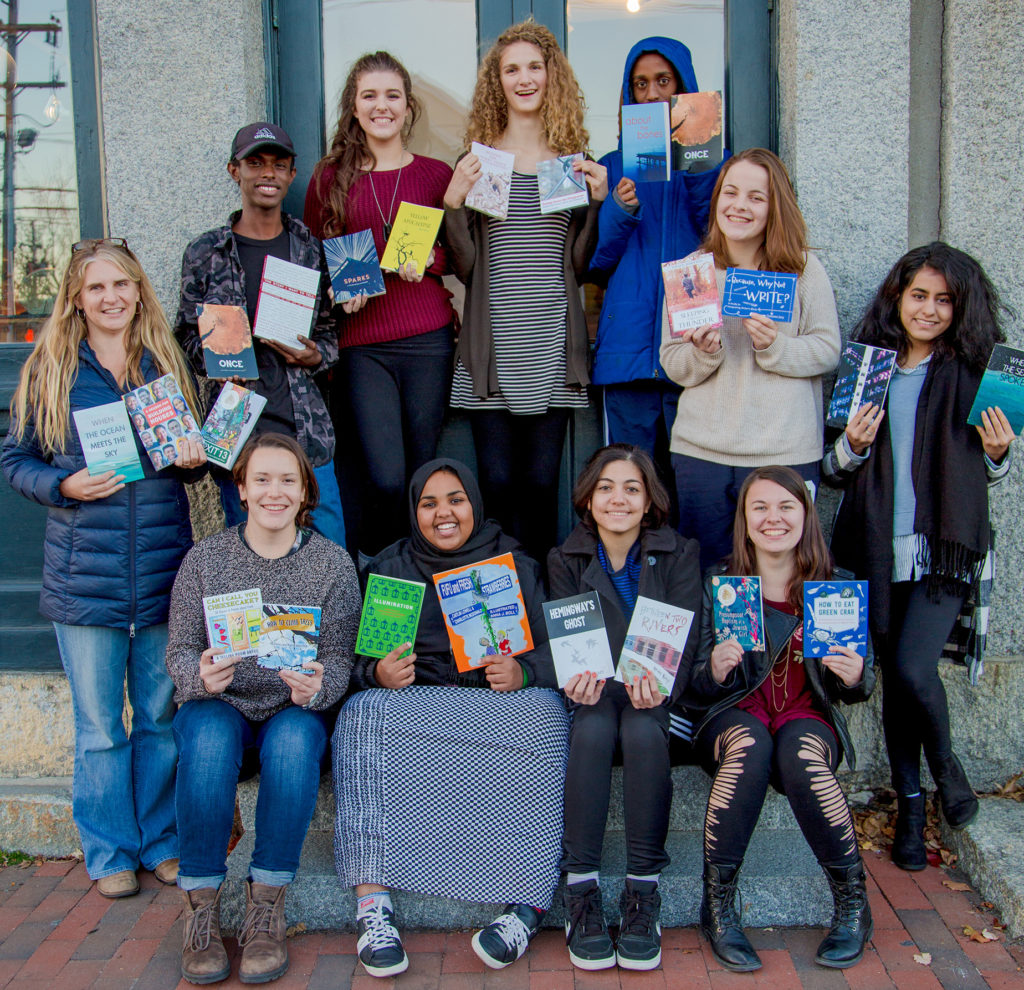
A New Poetry Anthology from the Telling Room Elevates the Next Generation
The book published by the Portland youth literary nonprofit, A New Land, is now in every high school in Maine and demonstrates to students that their voices matter.
Photography by Molly Haley
by Jenny O’Connell
Issue: July 2021
Listen up! I don’t care for your petty battles, your
forgettable epics. Your tongues can’t pronounce
my name, so don’t even try. They say to name a thing
is to tame a thing, so I’m safe from domestication. Just hand
me that mic—while you still can.
So begins “Grendel’s Mother Takes the Mic” by Lulu Rasor, the bold first poem in A New Land—a collection of 30 poems by youth writers published in 2020 by the Telling Room, Portland’s literary arts education organization. “Anybody who enters the Telling Room’s doors knows that they have a place in the world,” says Amanda Dettmann, who has two pieces in the collection. And Dettmann’s statement feels true on every page. Spanning 15 years of the Telling Room’s existence, poems in A New Land address immigration, hate, loss, and love; racial injustice, gun violence, gender norms, and pandemic isolation. A teen mother reclaims her narrative. A queer poet opens her closet door and steps out. Youth of all identities explore self-love and acceptance, and the ache and joy and struggle of growing up and shedding former selves alongside the drifting rivers and salt-soaked coastlines of Maine.
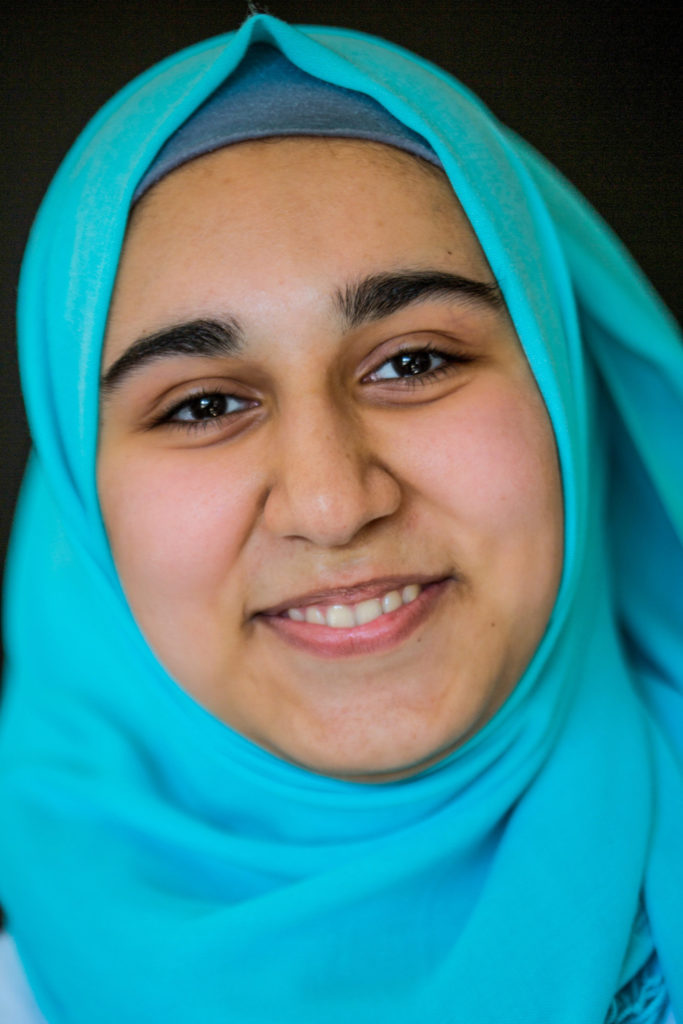


“Sometimes if you just give people a chance or listen to other people’s stories, you can tell that there’s a lot going on in this world that you don’t know about,” says Clautel Buba, whose poem “Inside the Life I Knew” paints a vivid picture of his family’s village in Cameroon:
The lines in my hands are like this river.
They bend and spread. They are the river and the long, dusty road
running along it from my village to Bamenda,
the bigger city.
Buba had barely been in the U.S. for a year when he first encountered the Telling Room at Portland High School. His experience in Young Writers and Leaders—the Telling Room’s award-winning after-school program for multicultural and international high school students—helped Buba learn English and left him with a deep love of storytelling. “The more we learn and study about other places, the more we will come together,” he says.
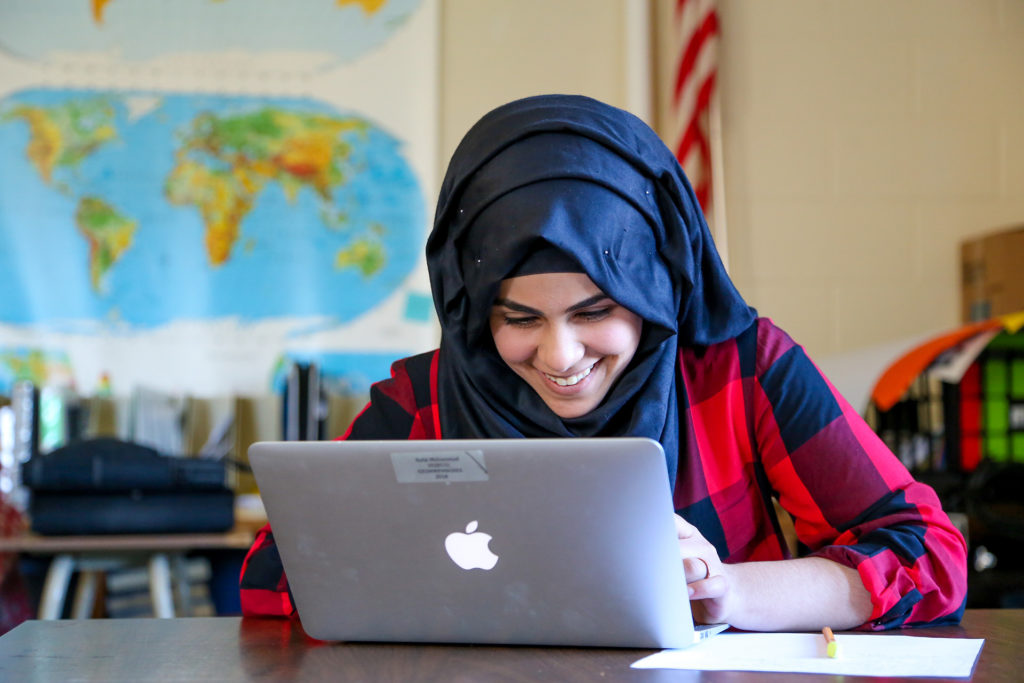
The Telling Room offers a wide range of programs in every genre for writers age 6 to 18 at any stage in the creative process, from generative summer camps, weekly writing programs, and in-school residencies to a yearlong book publishing fellowship. Running through all of the programs is a passion for sharing youth voices with the world and an emphasis on communicating what matters, rather than the structural approach to writing often taught in schools. “We’ve always seen students as our peers,” says Telling Room publications director Molly McGrath, who is the heartbeat behind the organization’s many publications— over 4,000 authors and nearly 200 titles to date. “Student writers often have richer, more original, more powerful things to say than we do.”
Salar Salim, for whom English is a fourth language, loathed writing and reading until a Telling Room mentor asked him to spend 20 minutes writing about whatever he wanted. “I think that was the moment where things kind of changed,” he says. “I had all these things in my head, but none of the prompts that I was given [in high school] could actually get those things out.” Salim’s poem “For Who I Am” explores the hate that he and his family have experienced as Muslim immigrants in America:
It hurts to be blamed for what I didn’t do.
I’m here
because I want to live.
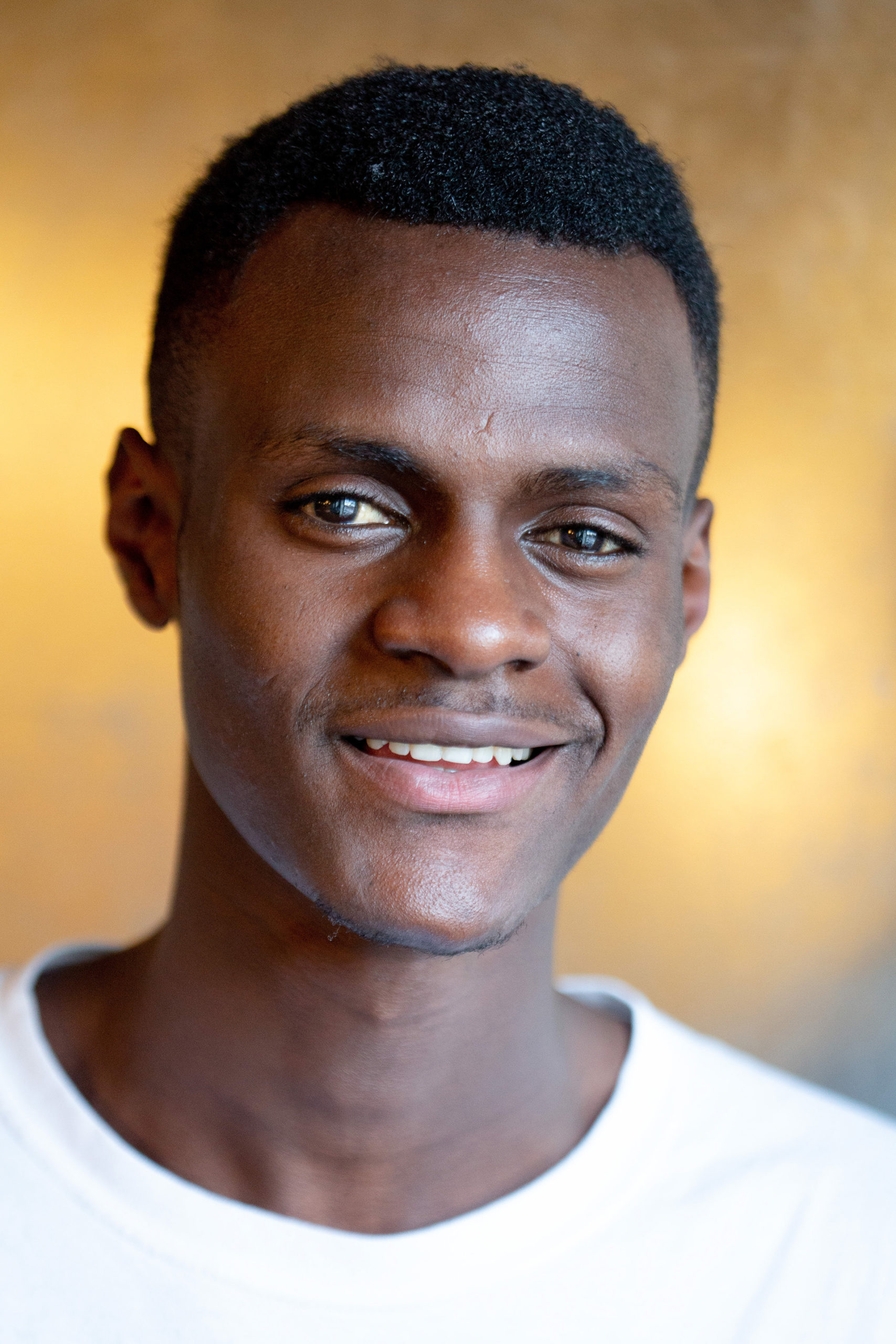


“I know it’s big, but I’d like to spark some kind of change and some kind of conversation that people need to have with others and within themselves,” Salim says. “Like, how can I do better within myself and help others? And what needs to be done?”
By sharing their truths, these poets are helping us embrace the challenging complexity of being human. They are creating new places for us all to put our feet. “These prodigious poets aren’t just emerging from challenges and disasters— they are overcoming them, reshaping them with their pens,” writes inaugural National Youth Poet Laureate Amanda Gorman in her introduction to A New Land. Zainab Almatwari, whose poem inspired the book’s title, uses her science background to personalize her immigration experience through a description of tectonic plates:
Where two lands move apart
And the result is a new land
That is what happened to me
“All our stories are getting erased because of loss of language or losing connection to family back home,” Almatwari says. A freshman at Syracuse University who recently published a piece in Teen Vogue celebrating queer Muslim heroes, she’s now working on her first book, a multigenerational collection of short stories about Iraq that she hopes will recover some of these lost connections for her generation.
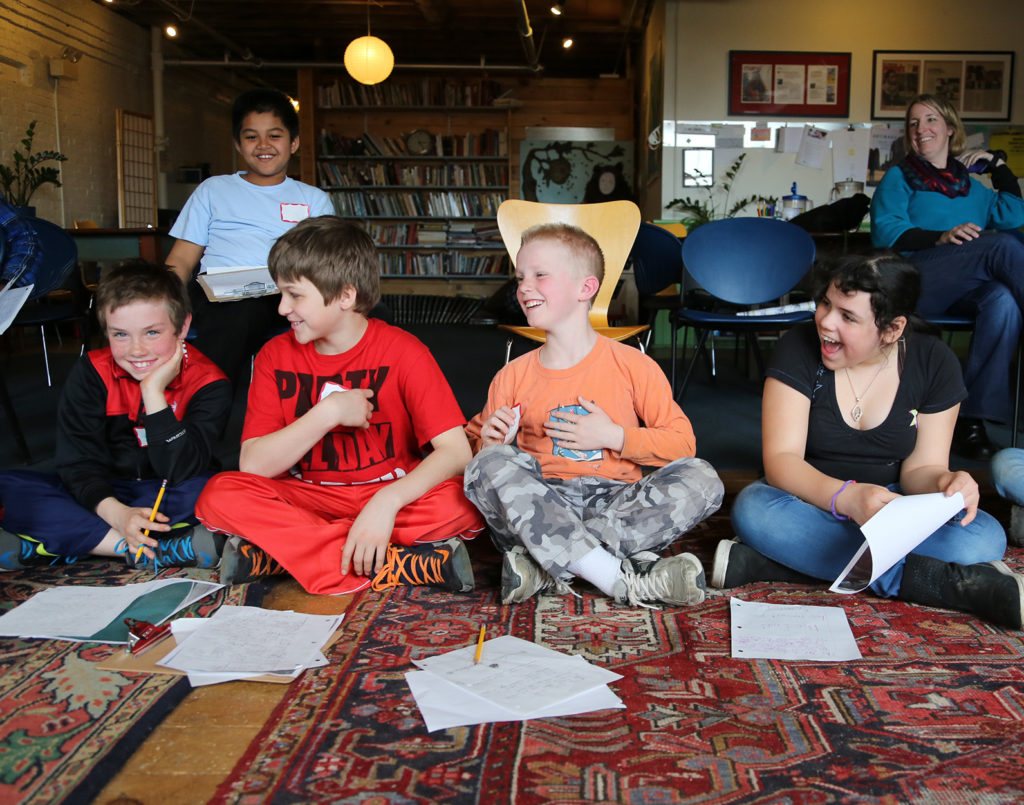
Alicia Brillant, who illustrated A New Land, began questioning gender seven years ago when they wrote “Astriferous.”
Brillant, who has gone on to explore body, gender, and trans identity through their writing, studies literary fiction in the University of Southern Maine’s Stonecoast MFA program for creative writing. “I was published as a young writer, and that was one of the first instances that showed me my work could go somewhere, could be worth something,” says Brillant. “Just because the author is younger doesn’t make their experience or their words any less valid.”
And that, precisely, is where A New Land succeeds. “There’s this idea that you can’t get published as a young writer,” says Henry Spritz, who authored the poem “Hunting for Light.” “It’s so cool to feel like you’ve broken into a space that sometimes can feel pretty inaccessible. It can be a really empowering thing for young writers to feel like they can exist in those spaces, too.” Dettmann, who says she grew up almost exclusively reading the words of dead white men in English class, agrees: “Students seeing themselves unleashes a different kind of power. When they see somebody their own age, they’re like, ‘Oh, I can do that, too.’” An MFA candidate at New York University, she teaches A New Land to her undergraduate students and models the Telling Room teaching philosophy, in which teachers and students are equals who learn from each other.
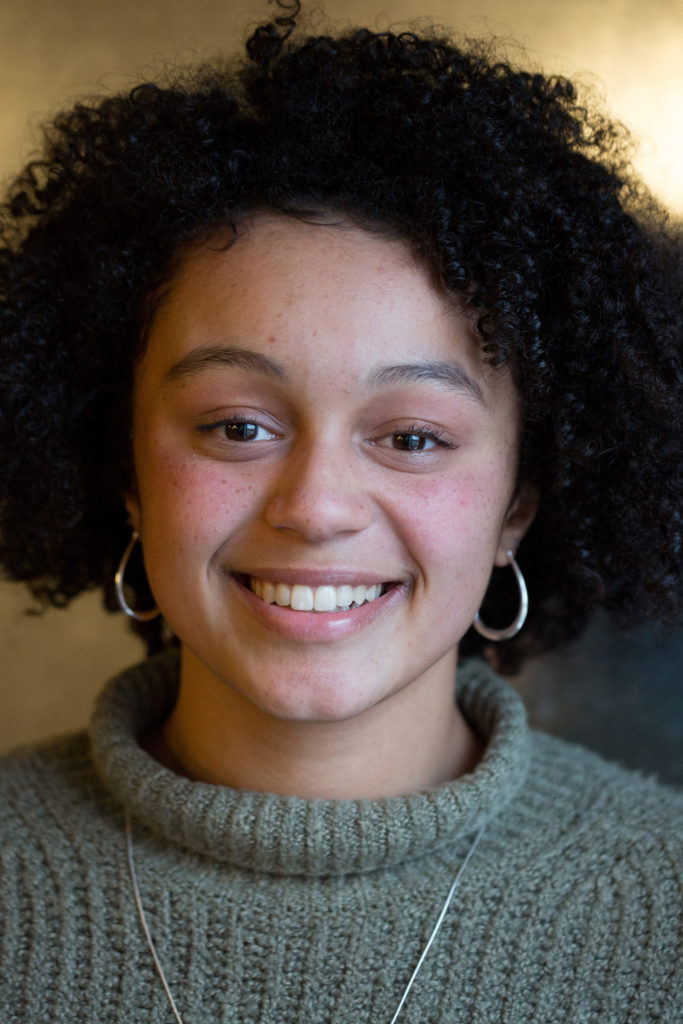


This year the Telling Room is focused on getting A New Land—along with writing prompts penned by its authors— into the hands of Maine youth. The book is now in every high school in the state, and the Telling Room is seeking funding to distribute it to all ninth graders. Teachers are inviting their classes to creatively respond to the poems with original poetry, songs, and letters. And the collection has continued to make its way out into the world, earning a finalist distinction in the Maine Literary Awards and airtime on the Voices of the Future podcast, by former Maine poet laureate Stuart Kestenbaum.
McGrath laughs when she remembers former president Barack Obama’s surprise virtual visit to the Young Writers and Leaders program earlier this year. “I loved when his book came out, and it was A Promised Land, and we were like, ‘Oh, we’ve already written the next chapter,’” she says. “A New Land—where youth voices matter. I knew the kids would blow him away, and they did.” She says she can’t wait for the day when young people can walk into a bookstore and read authors their own age. “We still have a lot more work to do. People are still not turning to youth and asking them to join them at the table, whether that table is in writing, or politics, or environmental issues. But I hope this is changing, and that publishing their literature helps this movement.”
At the Telling Room, the conversation always begins with the same question: What matters to you? Maine youth have spoken. A New Land is their answer. As Fiona Stawarz writes at the end of her poem “Crimson,”
Our anger and sadness can lay dormant no more,
For the power we have is undeniable
And change is inevitable.

Room writers gather to watch the organization receive a National Arts and Humanities Youth Programming Award from Michelle Obama and the White House.

